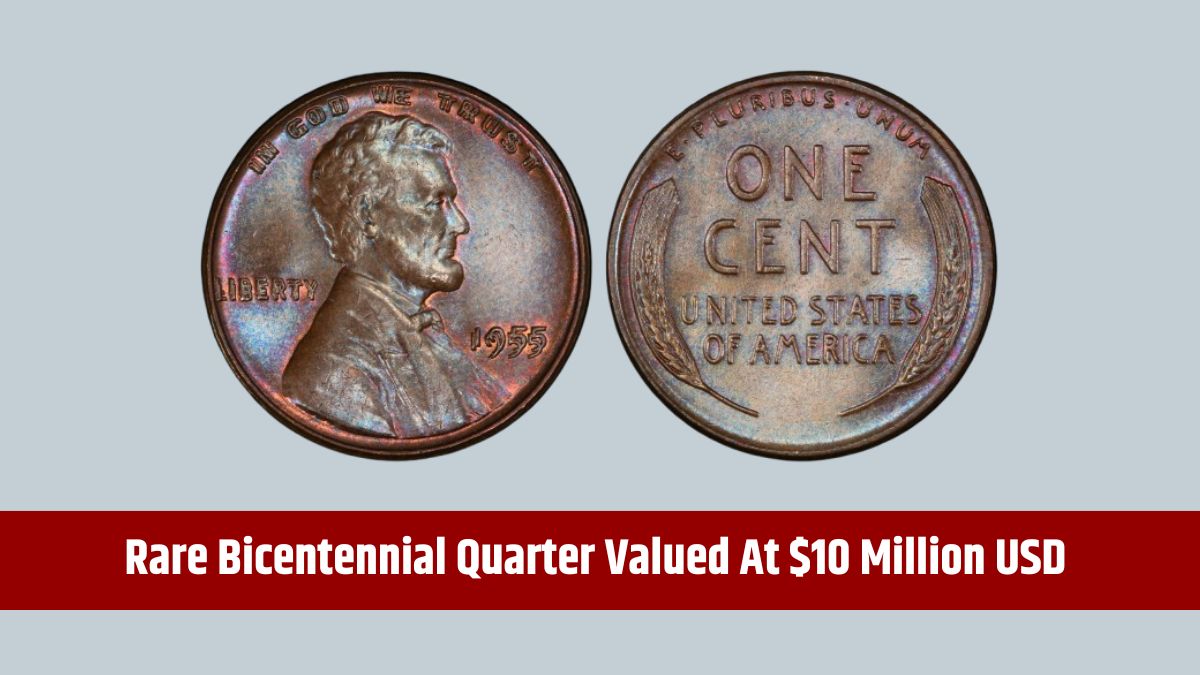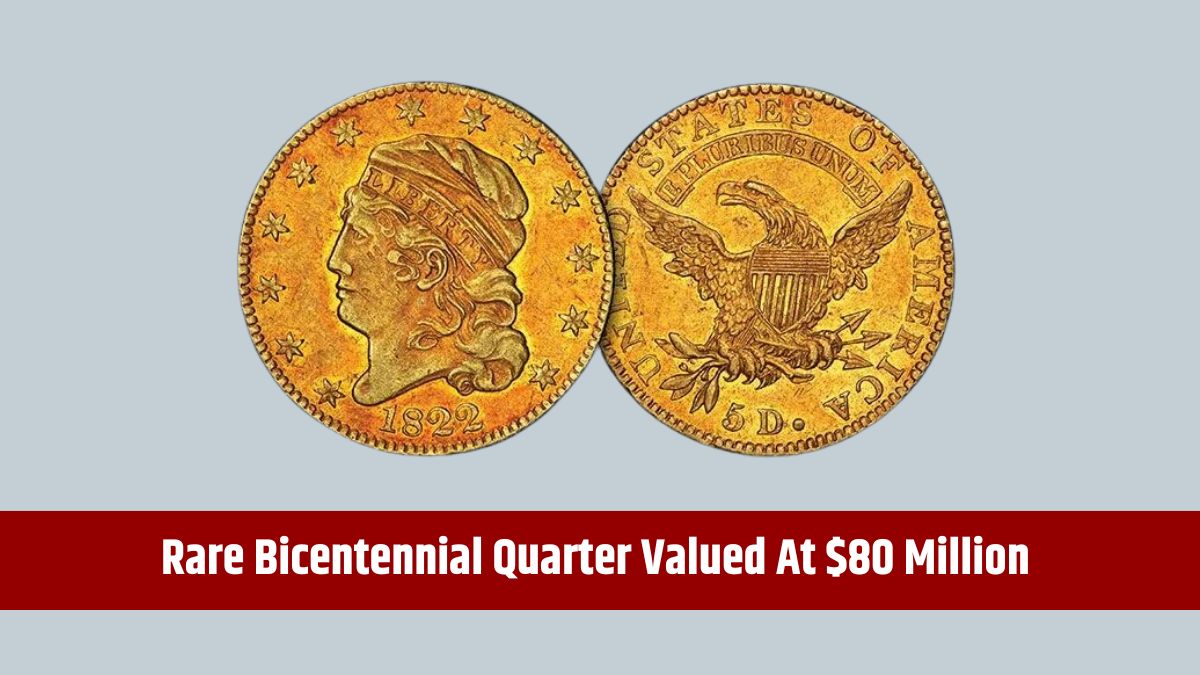This November, millions of retirees in the U.S. are monitoring the Social Security Administration’s (SSA) payment schedule. For those relying on these funds, staying informed on when to expect their direct deposit or check is crucial.
While some retirees received their November payment on the 1st, others won’t get theirs until November 13. Let’s break down who qualifies for this second round of payments, what to expect, and how payment amounts are determined.
Schedule
The SSA structures its monthly payment schedule based on retirees’ eligibility dates and birthdays. For November 2024, retirees who began receiving Social Security before May 1997 received their first monthly check on November 1. Those eligible for the next disbursement, scheduled for November 13, must meet specific criteria.
Only retirees who began collecting benefits after April 30, 1997, and who have birthdays between the 1st and 10th of any month will qualify for the November 13 payment. Retirees who don’t meet these requirements can expect their payments later in the month according to SSA’s staggered schedule.
Eligibility
Two primary factors determine eligibility for the upcoming November 13 payment:
- Date of Benefit Enrollment:
- Retirees who began receiving Social Security benefits before May 1997 are usually paid on the 1st of each month.
- Those who started receiving benefits after April 1997 may qualify for mid-month payments, depending on their birthday.
- Birthday Range:
- Retirees with birthdays between the 1st and 10th of any month may qualify for the November 13 payment.
These criteria mean that if you received a payment on November 1, you won’t receive another on November 13. Confirming your specific eligibility can help you avoid any payment delays.
Payment Amounts
Social Security payment amounts vary widely based on factors such as work history and the age at which retirees began collecting benefits. Here’s a look at typical Social Security payments for U.S. retirees as of September 2024:
| Category | Average Monthly Payment | Maximum Monthly Payment |
|---|---|---|
| Early Filers (Age 62 with 10 Years Work) | ~$1,000 – $1,300 | Limited by earnings |
| Standard Retirees (Age 66+) | ~$1,921 | Up to $4,873 |
| High-Earning Filers (Age 70, 35+ Years) | Up to $4,873 | May increase with COLA |
Calculate
The average Social Security check for retirees is around $1,921 per month, but this amount can vary. For example, retirees who filed at age 62, the earliest eligible age, tend to receive smaller payments. Conversely, those who waited until age 70 and worked in SSA-covered employment for at least 35 years can receive maximum monthly benefits. Retirees may also see a slight increase in their payments in January 2025 with the upcoming Cost of Living Adjustment (COLA), which will account for inflation.
Benefits
Retirees aiming to get the maximum Social Security benefits should consider these factors:
- Work Duration: Working at least 35 years in jobs covered by SSA is key, as Social Security benefits are calculated on the highest-earning 35 years.
- Filing Age: Waiting until age 70 to start receiving benefits generally results in a larger monthly payment, while early filing reduces the monthly amount.
- Earnings Limits: Working and earning above SSA’s income limits before reaching the Full Retirement Age (FRA) can temporarily reduce your monthly benefit.
What to Expect
For those eligible for the November 13 payment, verifying your specific eligibility factors can help prevent any surprises. If you haven’t yet received your November payment and don’t meet the criteria for November 13, you’ll likely see your payment later this month.
Additionally, with the 2025 COLA adjustment coming into effect in January, retirees can expect some increase in their monthly payments to help offset inflation. Staying informed and tracking SSA updates will ensure you receive the full benefits you’re eligible for.
FAQs
Who gets Social Security on Nov 13?
Retirees born 1st-10th & after April 30, 1997.
What’s the average Social Security check?
The average monthly Social Security check is $1,921.
How can I increase my payment amount?
Work for 35 years and file at age 70 for max benefits.
What is the 2025 COLA increase?
The COLA boost raises monthly benefits, amount based on inflation.
Do earnings affect Social Security payments?
Yes, working may temporarily reduce benefits if under FRA.









